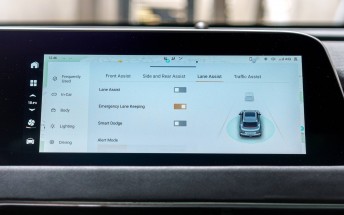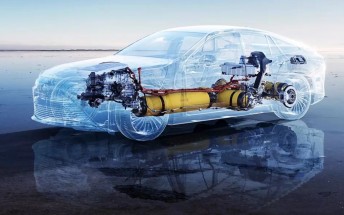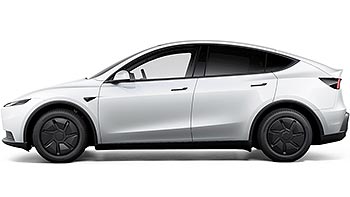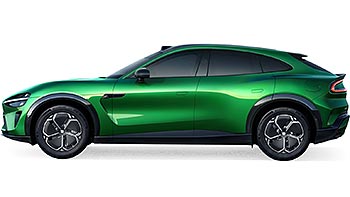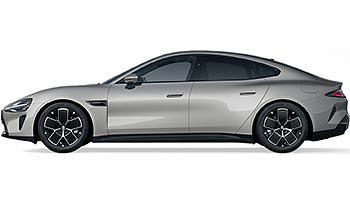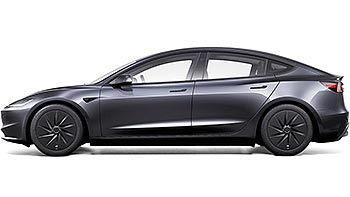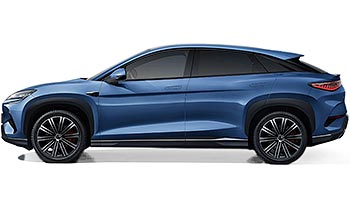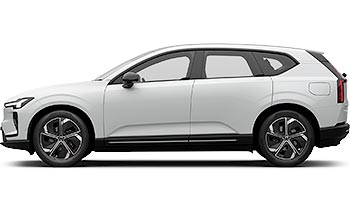Nissan embraces gigacasting to drive down electric vehicle costs

Nissan is set to join the ranks of electric vehicle manufacturers embracing gigacasting, an innovative production technique pioneered by Tesla. The company hopes to significantly reduce production costs and in turn make electric vehicles more affordable for consumers.
The high price of EVs has been a major obstacle to their widespread adoption. However, gigacasting offers a potential solution by taking advantage of their simplified construction to streamline production and reducing the number of components required.

By 2027, Nissan plans to introduce EVs built using gigacasting. This process involves casting large sections of the vehicle's structure as single pieces rather than assembling multiple smaller parts. This method simplifies production, reduces weight, and ultimately lowers costs. The company projects a 10% reduction in EV parts costs and a 20% decrease in weight. On top of that, Nissan anticipates a 30% overall cost reduction, resulting in savings of approximately $1 billion in development costs for five future models.
Tesla, a trailblazer in gigacasting, has successfully implemented this technique in the production of Model Y and Cybertruck. Nissan will follow suit, using gigapresses to form the rear underbody of its future EVs. While Nissan's 6,000-ton presses are smaller than Tesla's 9,000-ton ones, they are still larger than Toyota's 4,000-ton solution.

However, gigacasting presents certain challenges, including the substantial upfront investment in large, complex machinery and the difficulty of integrating aluminum modules with steel parts. To overcome this, Nissan will employ innovative fastening methods, such as self-piercing rivets and drill screw technologies.
Nissan's move is part of a broader industry trend, with other automakers like Toyota, Hyundai, and Ford also adopting gigacasting. Nissan's ambitious goal is to achieve 40% of its overall sales from fully battery-powered cars by 2031. This includes the next-generation Leaf, expected to launch in 2025, and two new EV sedans showcased at the Beijing Auto Show.
Related
Reader comments
Nothing yet. Be the first to comment.








